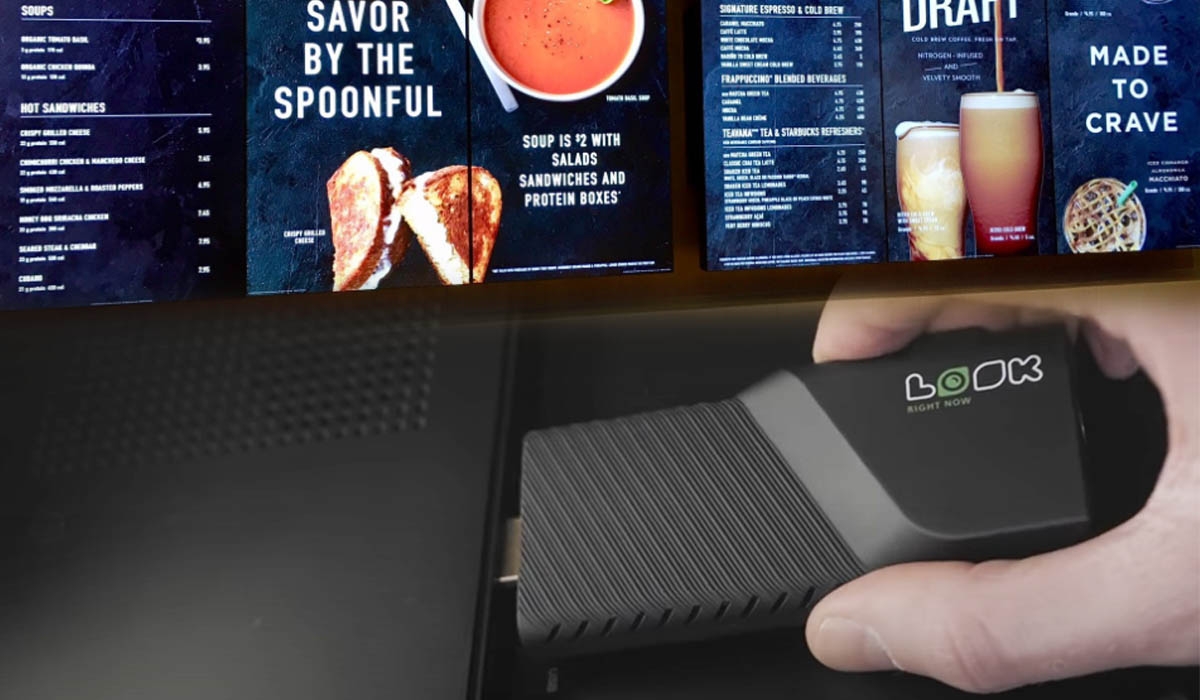
Why pay three times for drug coverage when you could pay once? Pharmacare should be an election issue
Ask any Canadian whether they’d pay three times for something if they could pay only once. It wouldn’t take a genius to figure out the answer.
This federal election, voters are faced with this very choice. We can continue with a system that forces us to pay three times for prescription drug coverage or we can opt to simplify it and only pay once – through a national pharmacare program.
Nurses have been at the forefront of calls for improved pharmaceutical policy for more than twenty years. Our vision: build a better system that is more efficient and ensures access for everyone. Recent major studies by the parliamentary health committee and an expert advisory council produced a conclusive verdict: a national public pharmacare plan for everyone will save money and lives.
Despite this, some politicians continue to cling to the myth that our fragmented system can be fixed with another band aid solution.
The real-life stories nurses hear every day suggest otherwise. Take the case of Susan, who is middle aged with several health concerns. She recently lost her job but must spend $1300 on prescriptions before drug coverage from her province kicks in. She now has no choice but to cut back on her medications, putting her heart and thyroid at risk and leaving her crippled with arthritic pain.
Scenarios like these are common. Millions of Canadians either do not have workplace health benefits and struggle to afford their medications.
Despite attempts by the powerful insurance and pharmaceutical industries to muddy the waters, a national public pharmacare program offers Canadians – even those with group health benefits — a better choice.
If you are like millions of Canadians who enjoy extended health benefits through your work, you may not realize that you could be paying three or more times for drug coverage.
Take, for example, a patient with diabetes who needs insulin to survive. John works full-time and receives a basic extended health benefits plan through his employer. Every two weeks, a health insurance premium is deducted from his pay cheque. To access those health insurance benefits, John must also pay a $100 annual deductible to the insurance company.
When he goes to the pharmacy counter, the insurance covers only 70 per cent of the sticker price and he is left paying 30 per cent. Despite paying premiums every two weeks, John’s plan still requires that he pay a portion of the retail price of the drugs. If John is unlucky and uses up his plan’s yearly maximum of $2,000, he has no choice but to pay 100 per cent out-of-pocket for his insulin for the remainder of the calendar year.
But that’s not all. John also pays income taxes every pay cheque and sales taxes on most of his transactions. These taxes cover the entire cost of his insulin whenever he is in hospital. As well, for a period two years ago, John had no income and was entitled to access a provincial pharmacare program for low-income residents only. Similar targeted public programs exist across Canada to cover, for example, seniors, veterans and Status Indians.
Doesn’t John’s job of simply paying for the drugs he needs to live seem more complicated than it could be? That’s because it is. John is paying at least three times to access the same insulin when he could just be paying once through his taxes.
Under a system of public pharmacare for all, John would never again have to pinch-pennies to afford his life-or-death medicine. That’s the peace of mind John’s diabetic friend Claire enjoys in Scotland. Patients in the Netherlands, Sweden and New Zealand enjoy the same.
A disciplined public pharmacare system will eliminate billions in wasted health care dollars per year. The expert Advisory Council on the Implementation of National Pharmacare put the estimated annual savings at $5 billion.
This election, Canadians have an important choice. With drug coverage on the national agenda like never before, we shouldn’t continue with our fragmented and wasteful system. We should choose to build a streamlined system that will save us billions every year while guaranteeing the equal access we all need. Let’s vote for pharmacare.
Linda Silas is a nurse and President of the Canadian Federation of Nurses Unions.








